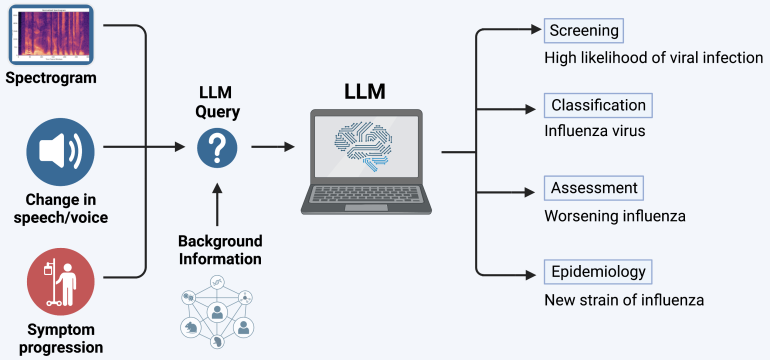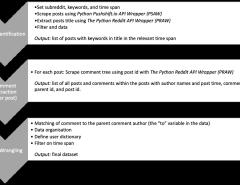Authors: James Anibal, Hannah Huth, Ming Li, Lindsey Hazen, Yen Minh Lam, Nguyen Thi Thu Hang, Michael Kleinman, Shelley Ost, Christopher Jackson, Laura Sprabery, Cheran Elangovan, Balaji Krishnaiah, Lee Akst, Ioan Lina, Iqbal Elyazar, Lenny Ekwati, Stefan Jansen, Richard Nduwayezu, Charisse Garcia, Jeffrey Plum, Jacqueline Brenner, Miranda Song, Emily Ricotta, David Clifton, C. Louise Thwaites, Yael Bensoussan, Bradford Wood
Published on: April 02, 2024
Impact Score: 7.0
Arxiv code: Arxiv:2404.01620
Summary
- What is new: Introduction of a novel data type and collection system for creating an audio electronic health record (voice EHR) using a mobile/web application.
- Why this is important: Existing technologies in audio data for healthcare are limited by expensive recording equipment and datasets from high-income, English-speaking countries, making it hard to deploy in resource-constrained areas.
- What the research proposes: A new collection system and mobile/web application that captures complex biomarkers of health through guided questions, resulting in a voice EHR.
- Results: Demonstrates the potential of voice EHR to improve the scalability and diversity of audio AI in healthcare, making it more accessible and applicable worldwide.
Technical Details
Technological frameworks used: nan
Models used: nan
Data used: Audio electronic health record (voice EHR) data, collected globally through a mobile/web application.
Potential Impact
Healthcare providers, medical AI developers, and telemedicine platforms might significantly benefit or face disruption due to the scalability and cost-effectiveness of this approach.
Want to implement this idea in a business?
We have generated a startup concept here: VocalVitals.


Leave a Reply